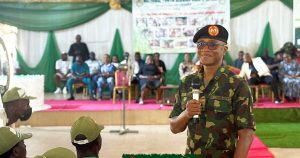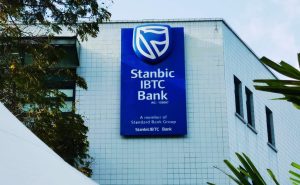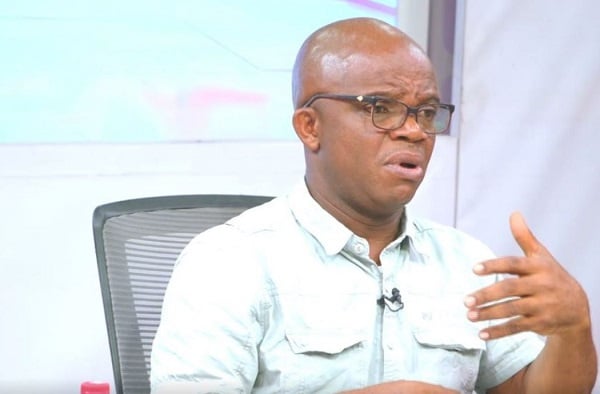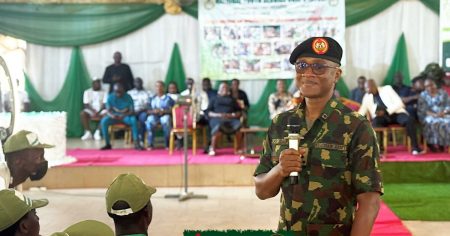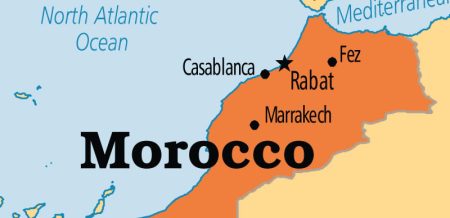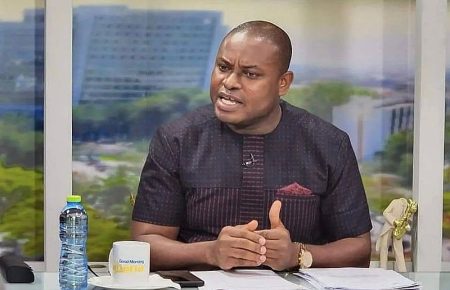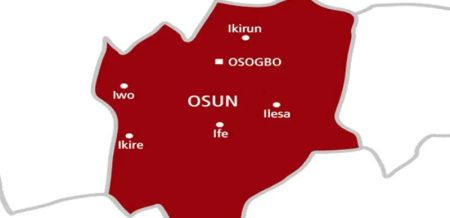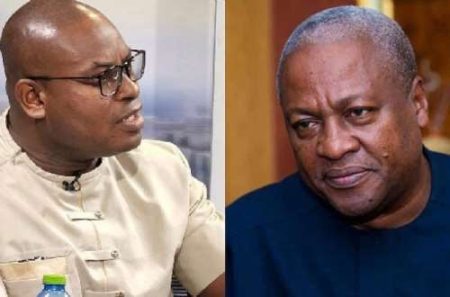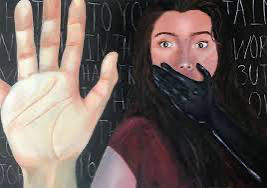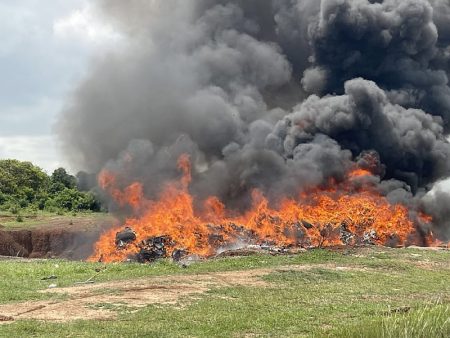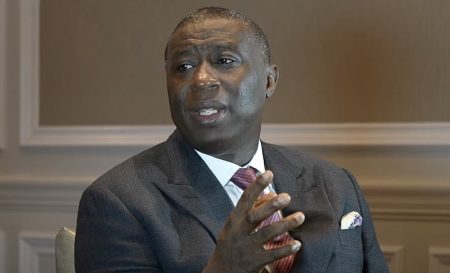The Member of Parliament for Nhyiaeso Constituency, Stephen Amoah, has ignited a contentious debate by accusing certain Christian leaders of veiled hypocrisy in their political engagements. He alleges that these leaders, cloaked in religious authority, actively mobilized against Muslim candidates during the lead-up to national elections. This accusation underscores a deeply embedded societal tension surrounding the intersection of religion and politics, a dynamic that often plays out in subtle yet impactful ways during electoral cycles. Amoah’s assertions, though controversial, bring to the forefront the often-unacknowledged biases that can influence voter behavior and electoral outcomes.
Amoah’s criticisms center around what he perceives as the instrumentalization of religion for political expediency. He claims that certain pastors orchestrated covert campaigns against a Muslim contender, leveraging digital communication platforms like WhatsApp to disseminate their messaging. This alleged exploitation of religious networks, though not explicitly confirmed by evidence presented, highlights the potential power of such channels to sway public opinion and potentially manipulate electoral processes. The claim itself raises crucial questions about the ethical boundaries of religious involvement in politics, particularly when such involvement appears to promote exclusionary practices based on religious identity.
While acknowledging the potential efficacy of such strategies, Amoah unequivocally condemned the alleged actions of these pastors. He emphasized that, despite recognizing the impact of these covert campaigns, he vehemently disagreed with their methods and motivations. This nuanced stance suggests a complex understanding of the political landscape. It acknowledges the reality of these tactics while simultaneously distancing himself from them. This distinction serves to underscore the broader point that religious biases can exist and be exploited even by those who do not personally endorse such prejudice.
Amoah’s comments illuminate a sensitive issue in Ghanaian politics: the ingrained biases that often influence voting patterns along religious lines. He boldly asserts that Christians in Ghana exhibit a reluctance to vote for Muslim leaders, labeling this tendency as a “fact” that requires honest confrontation. This forthright declaration, while potentially divisive, serves as a crucial first step towards acknowledging and addressing a deeply rooted societal prejudice. By bringing this often-unspoken bias into the open, Amoah encourages a national dialogue on the issue, advocating for introspection and a collective reckoning with these uncomfortable truths.
He argues that sweeping such biases under the rug serves only to perpetuate the problem, hindering the nation’s progress towards a more inclusive and equitable political system. Amoah’s call for honesty and self-reflection is a plea for a more mature and transparent political culture. He emphasizes that acknowledging the existence of the problem is not an admission of defeat but rather a crucial prerequisite for finding meaningful solutions. His argument rests on the premise that only by facing these uncomfortable truths can Ghana effectively address them and move towards a more unified and genuinely representative democracy.
In essence, Amoah’s remarks serve as a stark reminder of the enduring power of religious identity in shaping political landscapes. His assertions, while potentially controversial, underscore the importance of open and honest dialogue about the role of religion in politics. By shedding light on the alleged manipulations and biases that can influence electoral processes, he prompts a crucial national conversation about the need for greater inclusivity and fairness within the political system. His call for self-reflection and a commitment to addressing these foundational issues offers a path towards dismantling discriminatory practices and building a more representative and equitable democracy in Ghana.


